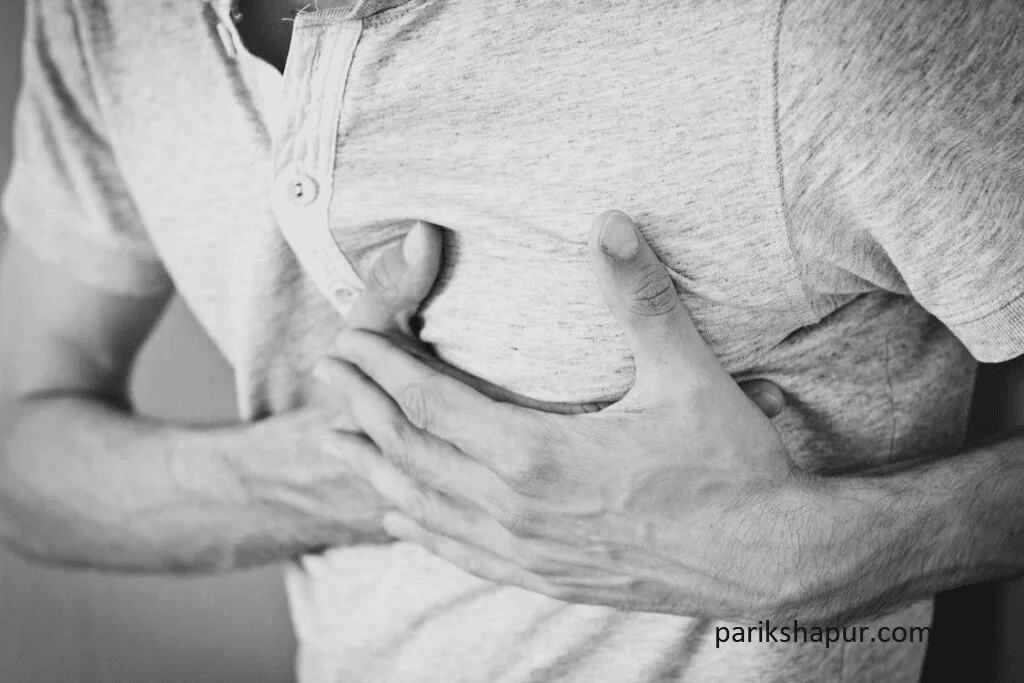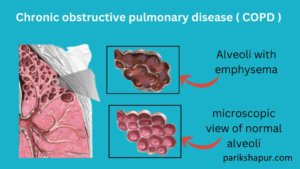
It is a condition in which stomach’s acid content refluxes back into the lower part of the esophagus. The acid contained in the stomach repeatedly refluxes into the esophagus and irritates the inner lining of the esophagus. This condition causes people discomfort in the thorax region.
GERD is a premalignant condition. During a long time of exposure to acid content of the stomach into the esophagus repeatedly the inner lining of the esophagus is eroded. The esophagus epithelial cells denatured and after long exposure to acid, it is converted into stomach epithelium. There are several conditions in which LES (lower esophageal sphincter) does not maintain its contractility like an infectious disease, hot or cold meal, coffee, or achalasia cardia.
Achalasia cardia is a neuromuscular condition in which muscles of the lower sphincter can’t contract properly and LES is not properly closed which causes gastric reflux.
Symptoms of GERD
Mainly GERD symptoms include –
- A burning sensation in the chest which is also known as heartburn. It mostly happens after eating a spicy meal. The food contents flow back into the esophagus and cause a person to suffer from a sore throat. Sometimes the person feels epigastric pain and discomfort.
- Difficulty in swallowing which is known as dysphagia.
- The Person feels chest heaviness as the acid reflux continuously irritates the inner lining of the esophagus.
- Sometimes it causes inflammation of the larynx and pharynx.
- Nausea- In complex cases, GERD can cause one to experience nausea and vomiting.
- Palpitations and chest pain in severe cases when acid from the stomach refluxes into the lower part of the esophagus, the diaphragm may press the heart and in return, palpitation may occur.
Diagnosis of GERD.
There are several diagnostic methods we can use.
- 24-hour pH monitoring- In this method, we measure the pH of the lower part of the esophagus. If pH is not maintained it indicates an acid reflux.
- Biopsy- GERD can also be diagnosed by the method of biopsy, we can take some epithelial cells for biopsy and on an electron microscope by the staining of mucin if goblet cells are detected then your health care provider may diagnose you as a GERD patient. Globet cells are basically found in the stomach epithelium.
Treatment of GERD.
- Dietary modification- avoid spicy and oily food and coffee
- We can use PPIs (proton pump inhibitors).
- Anta-acids- It neutralize the acid in the stomach and protect from reflux.
What to do if you are diagnosed with GERD.
- Take a diet with less oil and spices.
- Drink plenty of water.
- Avoid coffee and tea as it can make your condition worse.
- Always avoid having street foods.
- Always have a close look at your symptoms as the symptoms of GERD sometimes mimic the symptoms of heart attack. If you experience a sudden or new type of pain accompanied by dizziness and shortness of breath, take immediate medical help and rule out other life-threatening possibilities.
- Avoid having cool water 40 minutes before and after meal as it dilutes the digestive juices in the stomach and may cause your condition worse.



